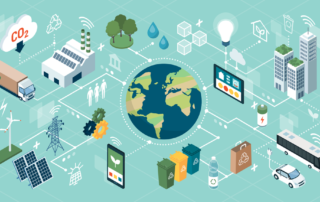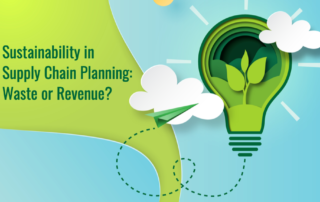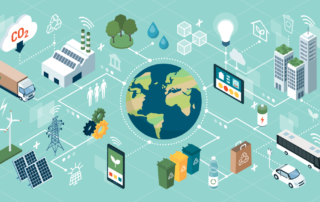
About Dr. Vicki Mekler
Dr. Mekler has over 25 years of experience in business process design, data analysis, and decision support applications involving optimization in the supply chain management and energy industries. Her technical expertise is mixed-integer programming (MIP). Former clients include Ben & Jerry’s, Seagate, Owens Corning, Shaw Carpets, and BOC Gases (now Linde). This last application was unique in that in addition to production and distribution planning, it integrated energy management into the supply chain management model.
Prior to joining Arkieva, Dr. Mekler spent some time developing optimization models in the energy sector. She built a new module to represent carbon capture & sequestration in the widely used U.S. Department of Energy’s National Energy Modeling System (NEMS). She also worked for the market monitor of electricity grid operator PJM, where she was responsible for several energy market models used to set electricity prices in the Mid-Atlantic region. Here, she developed enhancements and improved the robustness of these models, as well as developed new ones for interface pricing and generator dispatch.
Dr. Mekler is a strong proponent of sustainability and circularity and is an expert in sustainable supply chain applications. She is dedicated to stemming the tides of traditional linear supply chain and energy management and embracing the paradigms of triple bottom line, circular economy, and zero waste.
Dr. Mekler received a B.A. in Mathematics from the University of Delaware and earned her Ph.D. in Operations Research from The Pennsylvania State University.









